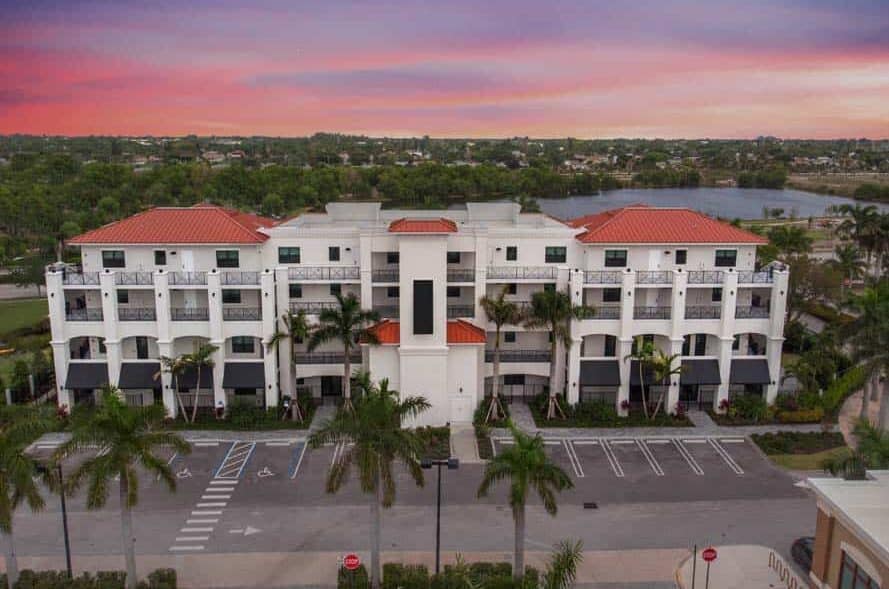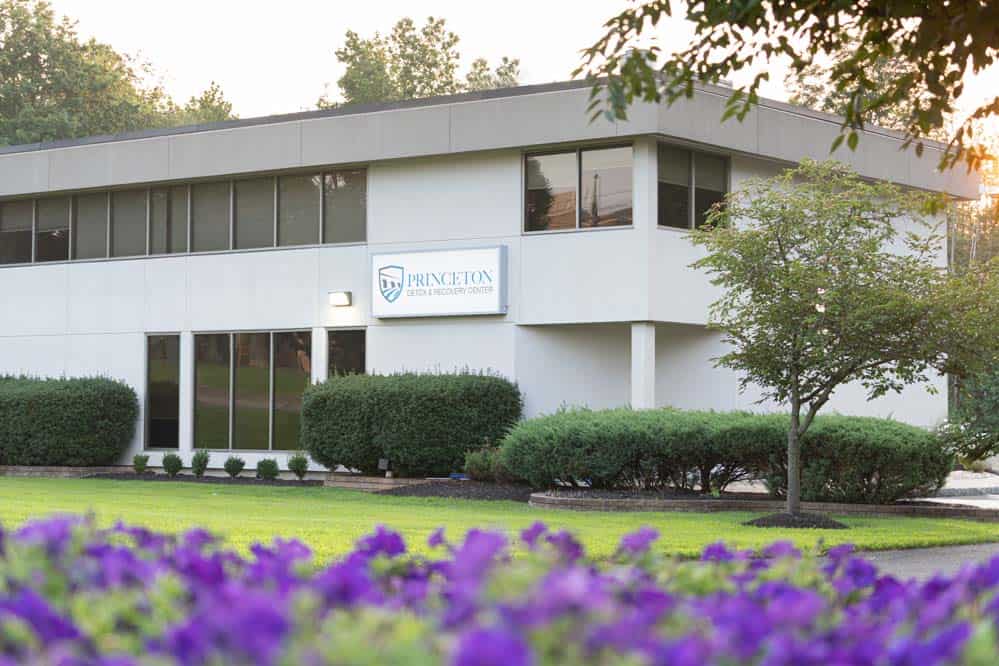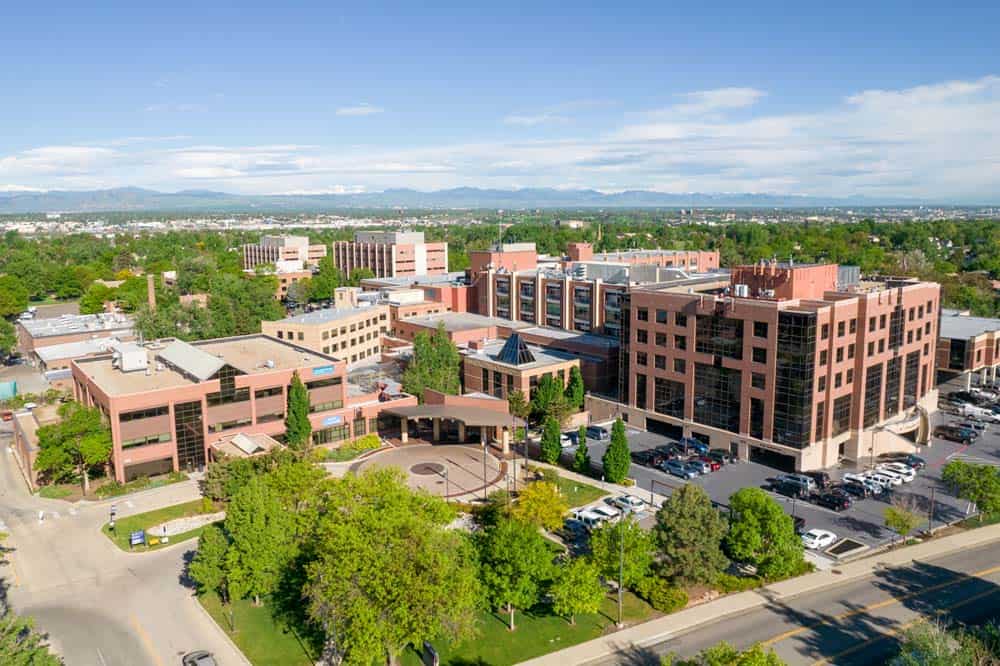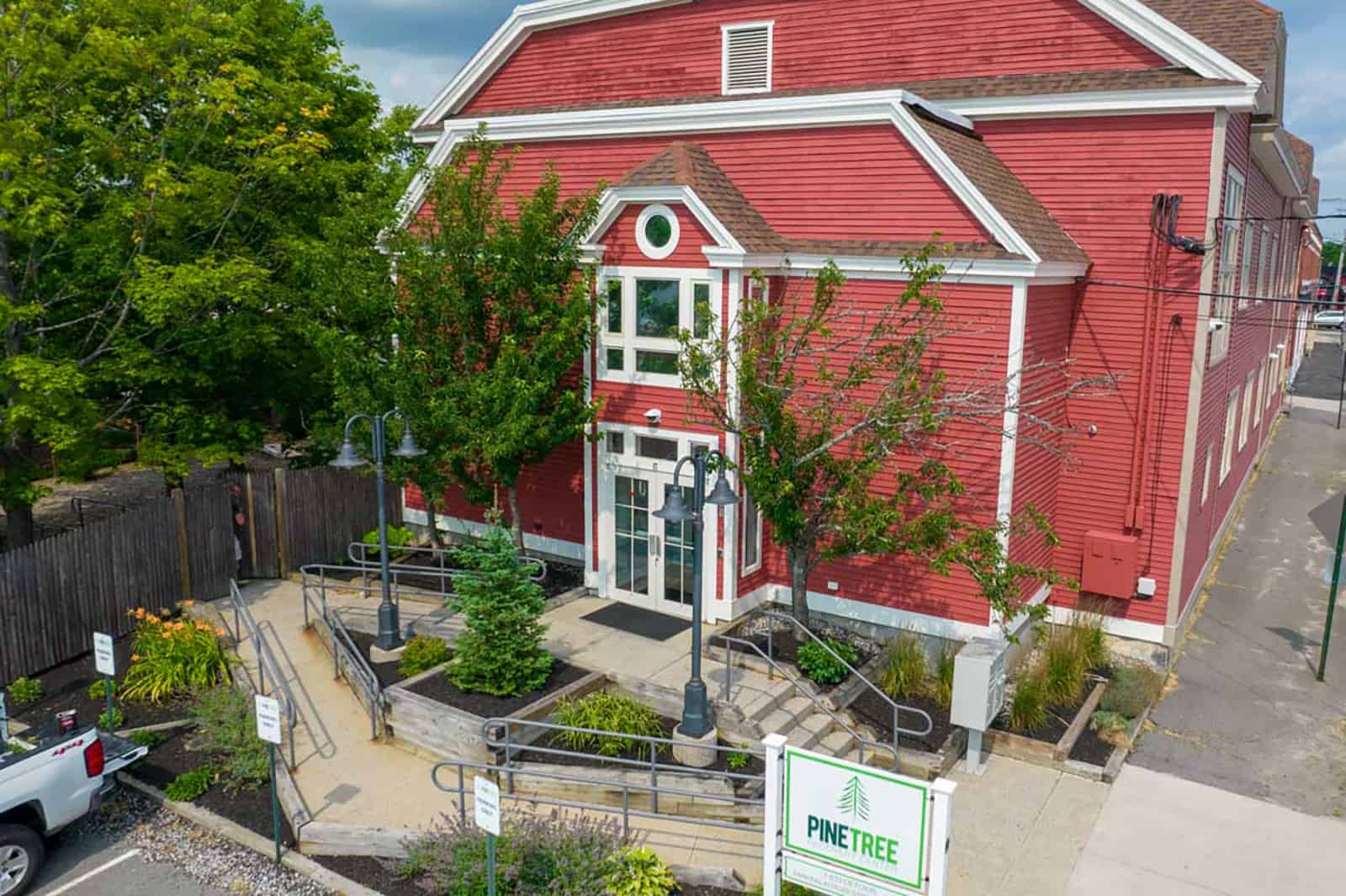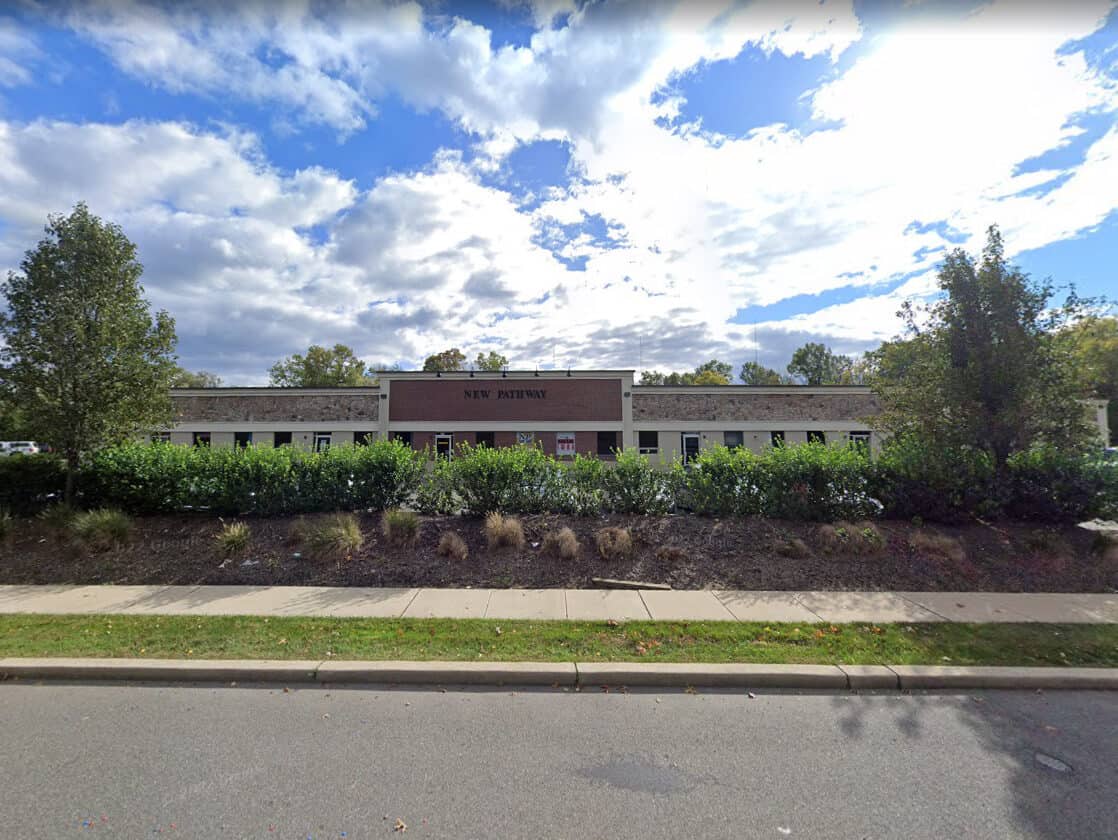Guardian Recovery
Group Therapy Program
The Importance of Group Therapy in Addiction Treatment
Group therapy is an essential part of every phase of the addiction recovery process, from medical detox all the way through outpatient treatment. At Guardian Recovery we incorporate group therapy whenever possible, offering demographic-specific therapeutic groups for a more focused and individualized recovery process. During group therapy sessions, our clients dive deep into a range of pertinent, recovery-related topics as they are both challenged and supported by their peers. At Guardian Recovery we remain dedicated to providing the most integrated care available, treating men and women of all ages with the common goal of maintaining long-term sobriety.
Recovery Starts
Here
Choose recovery and take control of your life, it’s the path to a brighter future filled with health, happiness, and fulfillment.
A Built-In Support System
Group therapy allows for a built-in support system. Many of our clients develop lasting, mutually beneficial friendships with their peers while engaged in therapeutic group sessions. Not only do they learn how to communicate with one another effectively, they learn the importance of reaching out for help and relying on one another for support. Addiction recovery has little to do with self-reliance and everything to do with developing a sense of community.
The Recovery-Related Topics We Cover
We cover a wide range of topics during group therapy sessions, including:
- The Disease Model of Addiction
- The ways in which addiction impacts the individual and the family
- Trauma resolution techniques
- The lasting impact of childhood trauma
- Personal treatment goals
- Effective methods of relapse prevention
- Relapse triggers
- The importance of self-care
- The role of gratitude in addiction recovery
- Substance abuse and mental health
- Stress management techniques
These are only several examples of the topics we cover in our comprehensive therapeutic group sessions. At Guardian Recovery Center we are dedicated to making sure that no stone is left unturned, and that all pertinent subjects are covered in depth.
The Therapeutic Methods We Utilize
The effective therapeutic methods we utilize in a group setting include (but are not limited to):
- Cognitive-Behavioral Therapy (CBT) – Cognitive-Behavioral Therapy is an effective and widely utilized method of psychotherapy geared towards helping people identify and change negative thought and behavioral patterns. The main focus of this therapeutic method is changing automatic responses to situations, altering the automatic negative thoughts that lead to unhealthy behaviors.
- Dialectical-Behavioral Therapy (DBT) – DBT is an evidence-based method of psychotherapy that focuses on teaching clients how to live in the present moment, effectively regulate stress, regulate potentially uncomfortable or triggering emotions and improve their interpersonal relationships. Like CBT, this therapeutic method revolves around traditional talk therapy.
- Motivational Interviewing (MI) – This client-centered approach to counseling helps clients resolve any ambivalence they may be experiencing towards recovery. Four main processes are focused on, including engaging, focusing, evoking and planning. Over time, clients gain motivation to meet their personal treatment goals and learn how to maintain this level of motivation on their own.
- Relapse Prevention Training – Relapse prevention is essential to the maintenance of long-term sobriety. Clients identify their personal relapse triggers, and learn how to effectively work through them should they have to face them after treatment. In some levels of clinical care, the healthy coping mechanisms that are learned are utilized in real-life situations, and clients process their experiences in a therapeutic group setting.
- Life Skills Training – Active addiction strips individuals of their ability to function at a basic level. Many life skills are compromised – or (if substance abuse develops early on) they may have never been developed in the first place. Our life skills training services help clients find and maintain a job, re-enter school, communicate in a healthy and effective way and develop authentic and mutually beneficial relationships.
- Holistic Therapy – We offer a wide range of holistically-based therapies as part of our integrated program of addiction treatment. Some of these holistic approaches include Yoga Therapy, mindfulness meditation, acupuncture, massage therapy, physical therapy, neurofeedback and biofeedback.
- Experiential Therapy – In some cases, group therapy sessions will revolve around a specific method of experiential therapy, like psychodrama or art therapy. Experiential therapy helps clients process past trauma and effectively express their emotions in unique ways (other than talking).
- Nutrition Therapy – Clients undergo group nutritional therapy sessions as part of our inpatient, intensive outpatient and outpatient treatment programs. Licensed nutritionists teach them how to select and prepare nutrient-dense foods that will bolster their recovery and facilitate the healing process.
For more detailed information on the therapeutic services we provide, contact us today.
Complimentary Insurance Check
Find Out Today!
"*" indicates required fields
What to Expect from Guardian’s Group Therapy Sessions
If you have never actively participated in a group therapy session prior to addiction treatment, you might be curious as to what group therapy entails. While every group therapy session is structured differently based on the topic that is being covered that day, there are some general rules of thumb. Below is a list of what you can expect from our standard group therapy sessions during any phase of the recovery process:
- A recovery-related topic is addressed, and explained in detail by one of our licensed and experienced therapeutic professionals.
- Clients take turns voicing their own opinion on the subject matter. Clients speak one at a time, and are encouraged to participate during every group therapy session.
- Clients have the opportunity to offer peer support and encouragement, or offer advice to their peers whenever they see fit. This helps bolster healthy communication skills and helps clients develop friendships over time, as they learn to relate to one another in a deep and meaningful way.
- If a therapy session is more hands-on (which it might be in the case of nutrition therapy or yoga therapy, for example), clients participate in the activity or workshop and then discuss their experiences in a safe and supportive setting.
Our Locations
Our Facilities & Teams Transform Lives
Changing lives by providing comprehensive support and rehabilitation, empowering individuals to overcome addiction and regain control of their health and well-being.
Our Simple Admissions Process
At Guardian Recovery we remain dedicated to keeping our entire recovery program as simple and straightforward as possible from start to finish. Our admissions process is no exception — from the moment you or your loved one picks up the phone we offer nothing but compassionate support every step of the way. We begin with a brief pre-assessment, which can easily be conducted over the phone within 15 minutes. This pre-assessment helps our clinical team determine which level of care is the most appropriate for each unique case. Next, we help potential clients figure out coverage options — we work closely with most major regional and national health insurance companies, making our clinical services as accessible as possible. If you or your loved one is uninsured or under-insured, we offer additional options such as self-pay and private pay. Finally, we set a date and a time for intake and help orchestrate travel plans. If you would like to begin on the road to long-term healing, all you need to do is
. We look forward to speaking with you and helping you take the initial steps that will ultimately change your life forever.










